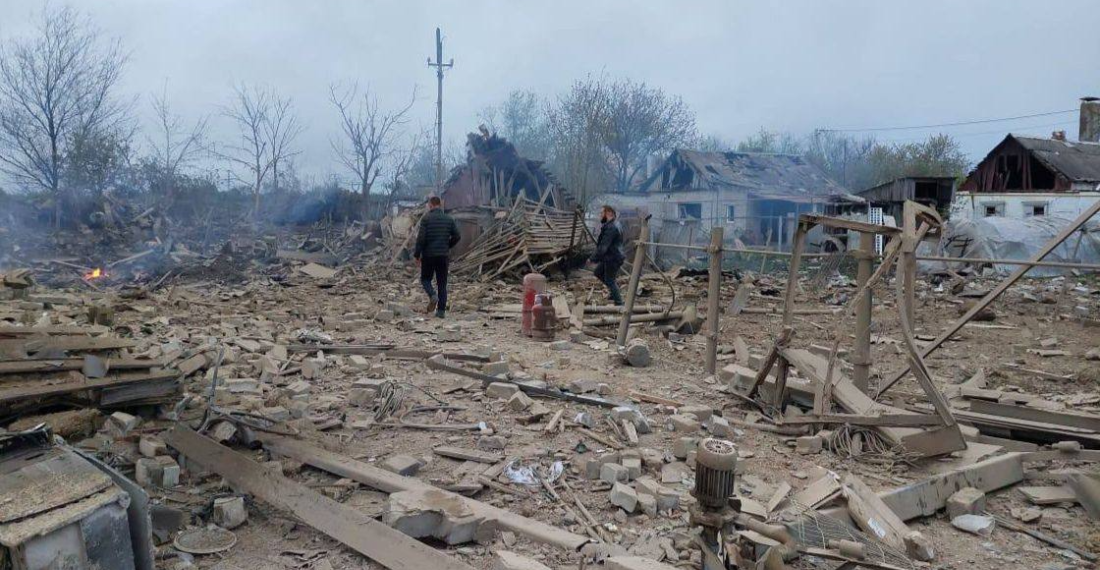Overnight on Sunday to Monday (30 April - 1 May), Russia launched another large-scale missile attack on Ukraine, in which 15 out of 18 missiles were shot down by air defense, according to Ukrainian authorities.
Strikes in the central-eastern Dnipropetrovsk Oblast injured 34 people, including five children, according to Governor Serhiy Lysak.
Meanwhile late on Sunday, an industrial enterprise was damaged in the city of Pavlohrad by a missile strike. 19 high-rise apartment buildings, 25 private houses, six schools and pre-school education institutions, and five shops were all damaged.
All missiles and drones flying over Kyiv Oblast were destroyed by air defense, with no casualties reported.
Russian military command changes preventing cohesive campaign, says ISW
In a special report released by the Washington D.C.-based think-tank the Institute for the Study of War (ISW), it is reported that Russia's failed offensive campaigns likely led to the division of the responsibilities between two Ministry of Defense factions.
The ISW suggests that this possibly occurred because of President Vladimir Putin's reluctance to allow any one military commander to amass too much power.
The reports says that failing to appoint an overall theatre commander had "cascading effects on the Russian military, including fueling intense factionalization, disorganizing command structures, and feeding unattainable expectations".
Constant rotations and demotions among commanders who presided over battlefield failures also prevented the establishment of a stable command structure, the report notes.
"Factions are not a phenomenon particular to the Russian military, although their current dynamics within the Russian military are shaping decision making to an unusual degree," the ISW adds.
source: commonspace.eu with ISW, agencies
photo: Serhiy Lysak / Telegram






